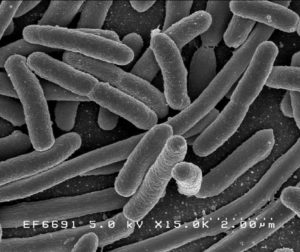Probiotics are live bacteria and yeasts that are good for your health, especially your digestive system.
Contents
Uses
- Many people use probiotics to prevent diarrhea, gas, and cramping caused by antibiotics. Antibiotics kill “good” (beneficial) bacteria along with the bacteria that cause illness.
- A decrease in beneficial bacteria may lead to digestive problems. Taking probiotics may help replace the lost beneficial bacteria.
Benefits
- Probiotics help move food through your gut. Researchers are still trying to figure out which are best for certain health problems. Some common conditions they treat are:
- Irritable bowel syndrome
- Inflammatory bowel disease (IBD)
- Infectious diarrhea (caused by viruses, bacteria, or parasites)
- Antibiotic-related diarrhea
- There is also some research to show they help with problems in other parts of your body. For example, some people say they have helped with:
- Skin conditions, like eczema
- Urinary and vaginal health
- Preventing allergies and colds
- Oral health
Cautions
- The FDA regulates probiotics like foods, not like medications. Unlike drug companies, makers of probiotic supplements don’t have to show their products are safe or that they work. Ask your doctor for more information about the correct product and dose for you.
Interactions
Please Consult with your doctor.
Other names
n/a
References
Source: WebMD, http://www.webmd.com/digestive-disorders/features/what-are-probiotics#1
WebMD, http://www.webmd.com/digestive-disorders/tc/probiotics-topic-overview


